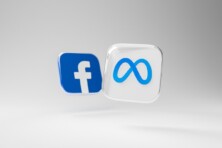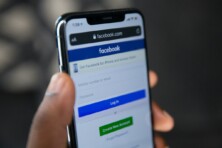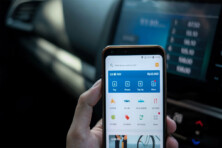Avatar stickers can brighten up your comments and messages on Facebook
Facebook Avatar: why people use them & how to create it. Source: facebook.com
Lately, you might have been wondering what this Facebook avatar fuss is all about. If the avatar characters popping up everywhere leave you in the dark, keep reading.
Why Facebook offers Avatar?
Except for the obvious aim to have fun, Facebook avatars can greatly enhance the quality of your online communication.
According to statistics, only half of the text messages and emails are correctly understood by the receivers. The reason is that textual content lacks emotional implications. Moreover, 93% of any message’s emotional meaning is conveyed non-verbally. Therefore, the text itself cannot fully perform the informative function it’s supposed to.
Standard tools like punctuation or capital letters don’t help much. For instance, a person uses “caps lock” and “!!!!” to attract the attention of an item on sale or an important announcement. At the same time, readers may perceive this message as aggressive (analog of shouting). Misunderstanding makes all further communication ineffective.
Emojis were the first effort to solve this issue. They made texts clearer. In fact, the evidence research suggests that the use of emoji faces in computer-mediated communication produces neural responses that are similar to those that are observed in face-to-face communication. Hence, emojis brought online communication closer to the real-world one. However, it was still not enough.
Surely, if emotions could be conveyed by an icon character similar to the writer’s personality, texts would get more personal. People could better understand how their opponent feels at the moment of writing and even imagine their face-to-face communication.
How to create Facebook Avatar

How to create Facebook Avatar. Source: facebook.com
Facebook’s new Avatars feature has been around for a while, but it has rolled out gradually. This way, some countries got it sooner while others got access to the personalized, illustrated versions of themselves only this year.
In particular, Facebook Avatars launched in June 2019 in Australia for use in Messenger and News Feed comments before coming to the rest of the world. New Zealand, Europe, and Canada followed next, whereas the US citizens got to test Avatars only a few days ago.
If you still haven’t figured out how to create your own personalized sticker-set, here is a quick guide:
- Open the Facebook App
- Look for other features (three horizontal lines in the bottom-right)
- Tap “See More”
- There you’ll find the “Avatars” tab, click “Next” to proceed
- Now you can choose the appearance characteristics that are most similar to your own ones: skin tone, hairstyle, hair color, face shape, eye shape and color, makeup, eyebrows, nose shape, facial hair, body shape, outfit, etc.
- When you’re done, tap the tick in the top right corner of your screen
- You’ll receive some instructions on how to use it and tap “Done”.
If you prefer a desktop version:
- Either the Facebook or Messenger comment composer
- Click on the smiley face icon that takes you to stickers
- Access the new “Make Your Avatar” option
Please, bear in mind that for some regions Messenger may still not have an Avatar button.
Where to use Facebook Avatar
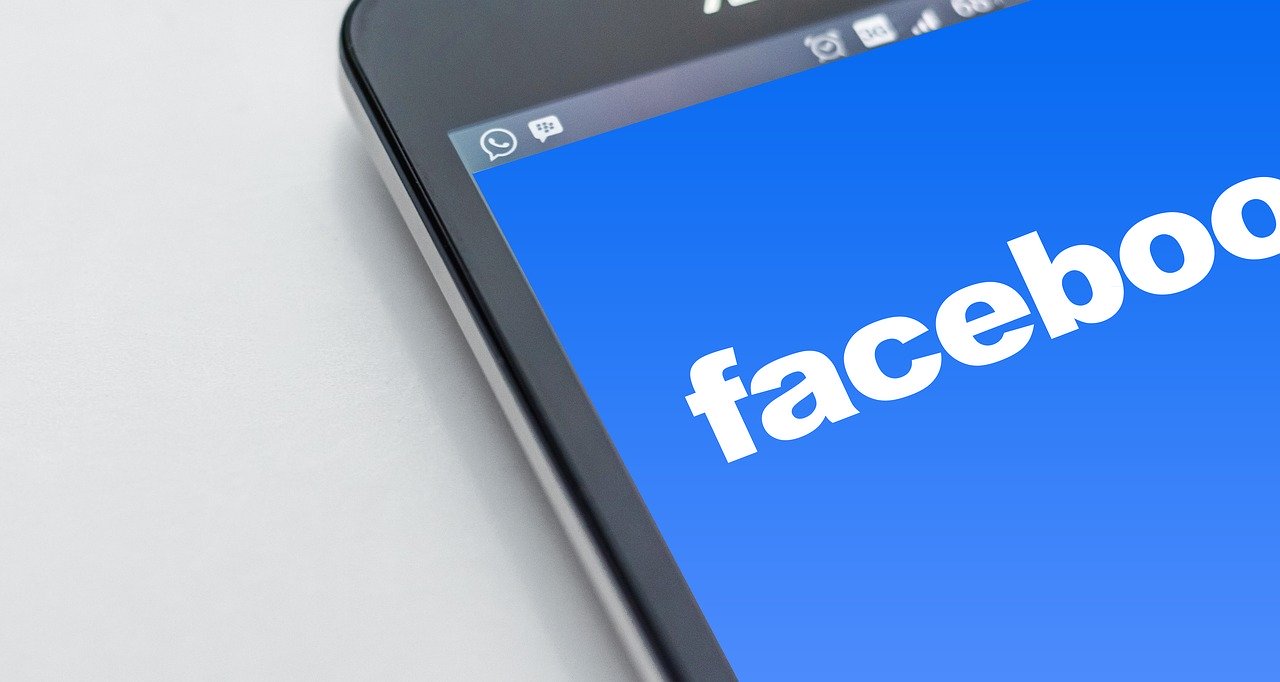
Avatar stickers can brighten up your comments and messages on Facebook. Source: pixabay.com
After you have had fun creating a virtual “you”, you have plenty of possibilities to use it.
Firstly, Avatar stickers can brighten up your comments and messages on Facebook.
Secondly, you can make your Avatar your profile picture.
In addition, a few Avatar stickers are available for decorating Stories.
Potentially, avatar characters can also be used in Instagram and Twitter messages, but that may not be the case yet.
Facebook Avatar vs Snapchat Bitmoji
The Facebook developers aren’t hiding the fact that their Avatar idea isn’t new. They were following the example of Snapchat’s Bitmoji functioning for a few years already.
The Bitmoji app’s creator was Jacob “Ba” Blackstock, the chief executive and creative director of the parent company Bitstrips. The app appeared in 2015 and a year later was bought by Snapchat. Although Bitmoji still exists as a separate app, its use on Snapchat is enhancing both apps’ potentials.
The $100-million-deal brought Snapchat huge popularity. In 2017, Bitmoji was the most-downloaded app in five top markets: The U.S., U.K., France, Canada and Australia.
With the launch of Bitmoji Deluxe, a more configurable version of its cartoony avatars that embraces the growing diversity of its users, Snapchat has become the preferred social network for 45% of US teens in 2018.
As of the first quarter of 2020, photo and video sharing app Snapchat had 229 million daily active users worldwide. The Bitmoji app was downloaded 1 million times in April 2020 alone.
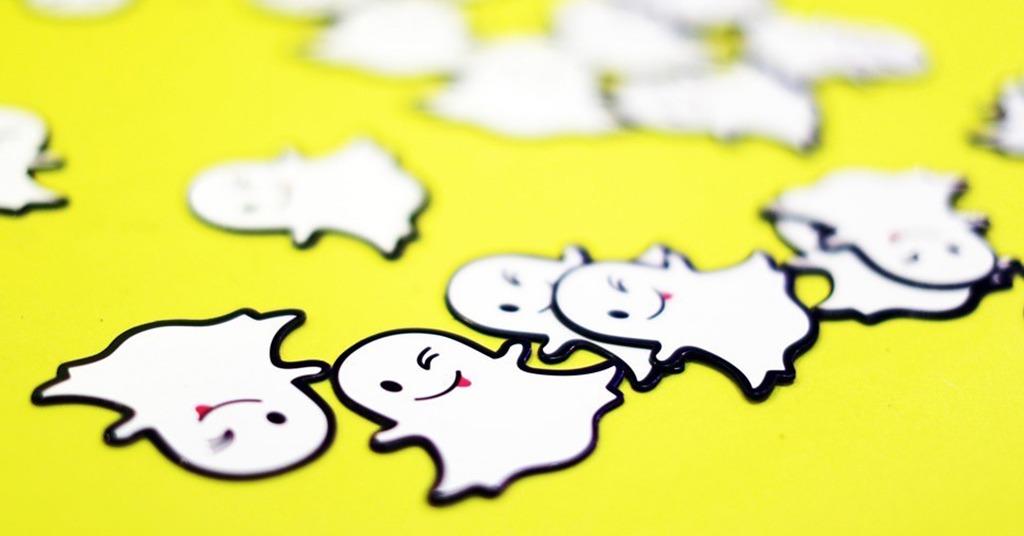
Snapchat has become the preferred social network for 45% of US teens in 2018. Source: flickr.com
Bitmoji characters have a much wider usage range than their newly created Facebook clones. They can be found in Chat, they can feature in Stories not as a sticker but as a representation of the real personality. Moreover, friends’ avatars can co-star in the Stories short videos thanks to the Friendmoji option – 2-person Bitmojis featuring you and your friends. Users can customize Filters and Lenses with Bitmojis too. When used with the original app, it can get sent to any messenger app.
Bitmoji are not ordinary pictures, you can see their 3D animated versions. Bitmoji Party and other games in Snapchat allow users to spend their virtual time together.
Furthermore, Bitmojis are highly customizable. Bitmoji Deluxe offers 1.999 septillion different combinations of appearance styling options. At the same time, Facebook avatars cannot even correctly represent the user’s age at the time, so all the characters are forever young.
What experts think of Facebook Avatar and its impact
As experts believe, Facebook may bring mass adoption of the avatar trend in social media. Although Bitmoji and Snapchat originated this format, Facebook can greatly expand its reach.
As Facebook News Feed product lead Amit Fulay told TechCrunch:
The notion of having digital representation has been around for a really long time. What we’re trying to do is this at scale.
With over 2.6 billion monthly active users as of the first quarter of 2020, Facebook is the biggest social network worldwide. Compared to the modest 360 million Snapchat monthly active users, the possible scale is impressive.

Facebook is the biggest social network worldwide. Source: shutterstock.com
The avatar concept can be very useful for marketing purposes and boosting sales. It is believed that online identities and avatars can influence users’ offline personalities. Researchers call that “the Proteus effect”. It suggests that the behavior and looks of the avatars can lead to real-world behavioral changes in their users. The scientists behind this theory argue that people feel an urge to conform to what they think other people expect of their avatar based on its appearance.
In terms of marketing and e-commerce, this theory is precious. Although, currently Facebook isn’t monetizing its new feature (i.e. it doesn’t use sponsored clothing options or accessories from fashion brands), there’s certainly potential here.
When Bitmoji first went viral, many experts believed it could add up to the advertising influence it had which started with branded photo filters, or lenses. As a starting point, brands shall also leverage customized emojis to stay relevant in the quickly changing world of social media.
Moreover, according to Business Insider, virtual avatar influencers are the new black. They don’t need hours of photo shooting, they don’t have mood swings, and don’t care about haters.
At the same time, Alexis Ohanian, co-founder of Reddit believes that:
Social media, to date, has largely been the domain of real humans being fake. But avatars are a future of storytelling.
As Barclay Bram of “Financial Times” suggests:
Maybe once we all have digital avatars the pressure will be taken off us to heavily curate our own lives for social media.
This may be one of the reasons people are so eager to get an avatar of their own.
It is no wonder then, that the Korean avatar creation app Zepeto that creates an entire world for you to explore as your avatar is one of the most popular around the world.
It is similar to Apple’s Animoji and Memoji features as well. Using those with a TrueDepth camera allows people to apply Memoji-created avatar faces onto live videos and photos. Basically, it lets you control what your friends and contacts see when they connect with you.
SEE ALSO:


